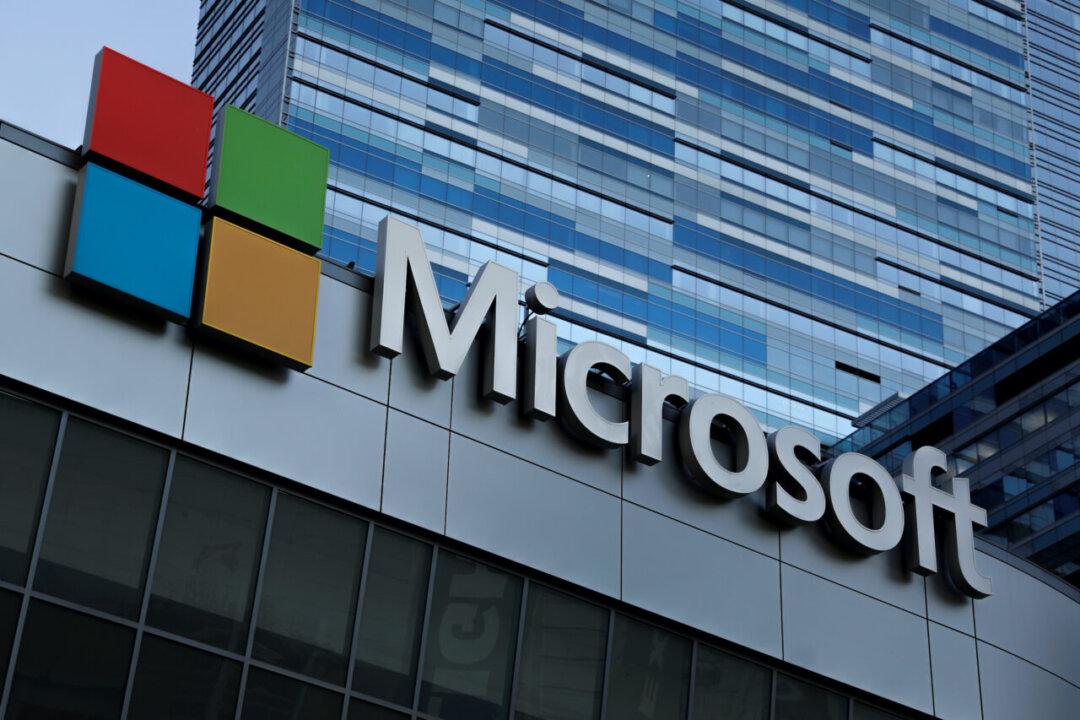The hack of SolarWinds technology, which caused a breach of U.S. government systems late last year, is “the largest and most sophisticated attack the world has ever seen,” according to Microsoft Corp President Brad Smith.
The campaign, which was identified in December and, according to federal government agencies, instigated by Russia for “intelligence gathering,” compromised SolarWinds technology that is used by all five branches of the U.S. military and numerous government agencies.





